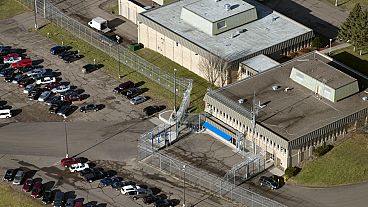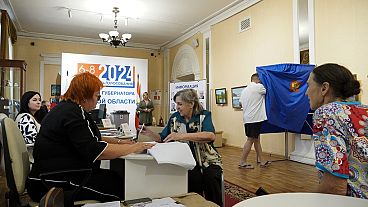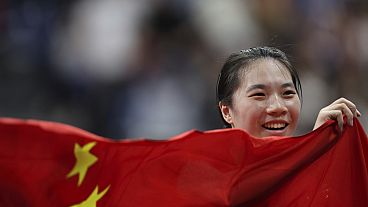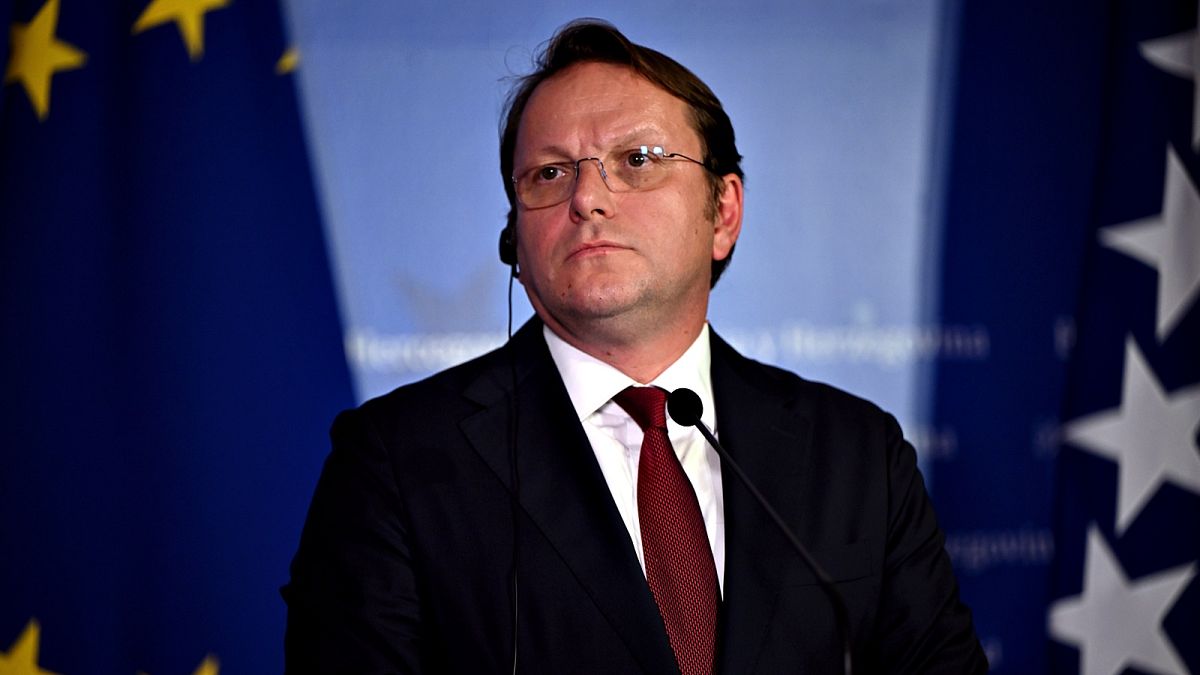For the past five years, Oliver Várhelyi has been often criticised for breaking ranks with the Commission and aligning his views with Orbán's government.
Viktor Orbán has selected Olivér Várhelyi as Hungary's nominee for European Commissioner, despite Várhelyi's controversial track record in his five years in Brussels.
The premier announced the news on Monday after what he described as a "recent consultation" with Ursula von der Leyen, who earlier this month was re-elected as president of the European Commission with a larger-than-expected majority.
As her next step, von der Leyen has to set up her new College of Commissioners, made up of the nominees sent by each member state. The president has the sole prerogative to assign policy portfolios and design the hierarchical structure of the executive.
Capitals have until 30 August to communicate their picks, although many have already put forward a name, without caring for the male-female duo demanded by von der Leyen.
In Hungary's case, the chosen one is the incumbent, Olivér Várhelyi, who currently serves as Commissioner for Neighbourhood and Enlargement.
"During the past five years Commissioner Várhelyi has proved that the EU can make a difference as a positive force in its neighbourhood and beyond. He will do an excellent job in the upcoming Commission!" Orbán wrote on social media.
Reacting to the news, Várhelyi said it was an "immense honour to be nominated" and he was "looking forward to continue our common work with President von der Leyen."
But whether the 52-year-old will be given a second chance remains highly doubtful.
His appointment depends on a confirmation hearing at the European Parliament, where he has been the target of unrelenting criticism for breaking ranks with the Commission's official line and pursuing an agenda aligned with Orbán's government.
With slim chances of a successful confirmation, the nomination is set to fuel speculation that Orbán is keeping his real pick as Plan B, once Várhelyi's bid is scrapped by MEPs.
In 2019, Hungary's first pick, László Trócsányi, was rejected over an alleged conflict of interest, leading to the emergence of Várhelyi as the replacement.
Back then, Orbán's Fidesz party belonged to the centre-right European People's Party (EPP). Today, however, it sits with the far-right Patriots for Europe, around which centrist parties have built a cordon sanitaire.
A contentious mandate
Várhelyi's stint in Brussels has been marred by a string of controversies, which are set to resurface when he faces the Parliament's scrutiny.
His checkered history includes:
- January 2023: the Parliament ask for an "independent and impartial investigation" to determine if Várhelyi has breached the Commission's code of conduct. MEPs accuse the top official of playing down Serbia's rule-of-law backsliding and supporting Milorad Dodik's separatist actions in Bosnia and Herzegovina. Várhelyi says the accusations are "fake news" and defends his work.
- February 2023: during a parliamentary debate about the Western Balkans, Várhelyi is caught on a hot mic asking, "How many idiots are still left?" The moment goes viral on social media and prompts a furious reaction from MEPs, who demand his resignation. Várhelyi apologises and says the comment was "linked to a private and ongoing conversation" with his head of cabinet and "taken out of context."
- October 2023: in the immediate aftermath of the Hamas attacks against Israel, Várhelyi suddenly announces that "all payments" to the Palestinian authorities will be "immediately suspended." The statement makes international headlines and triggers a backlash in some member states. Faced with questions, the Commission clarifies that Várhely acted without von der Leyen's blessing or previous consultations.
- May 2024: Georgian Prime Minister Irakli Kobakhidze accuses an unnamed Commissioner of "blackmail" over his contentious "foreign agents" law. During a phone call, the Commissioner referred to the attempted assassination of Slovakia's Robert Fico, which Kobakhidze took as an "extremely disturbing" threat. In a statement, Várhelyi says the conversation was misrepresented and that he used Fico's case to speak about the dangers of a "high level of polarisation" in general.
- May 2024: Várhelyi travels to Israel in an official capacity and meets with Prime Minister Benjamin Netanyahu and Defence Minister Yoav Gallant. The meeting takes place mere days after the general prosecutor of the International Criminal Court (ICC) announced he was seeking arrest warrants for Netanyahu and Gallant, among others, on charges of war crimes and crimes against humanity. Both men are accused of using starvation of civilians as a method of warfare in the Gaza Strip.












